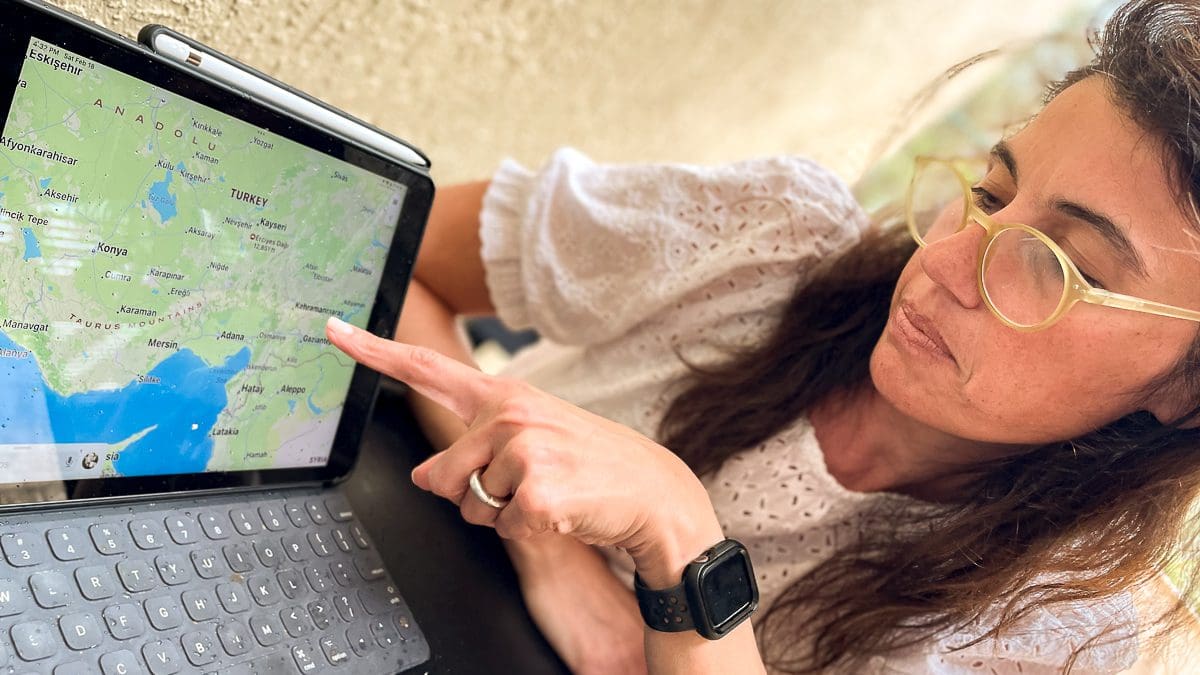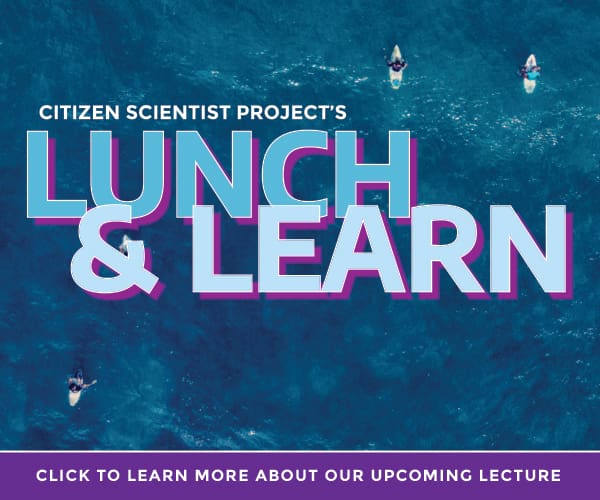Defne Timurkan knows all too well the terrifying feeling of a powerful earthquake. Born and raised in Istanbul, the images and stories coming from Turkey and Syria have filled her with emotions from quakes her family experienced decades ago.
The quake has left 1.25 million people temporarily homeless, the World Bank said Monday.
“Being here, I feel guilty that I cannot go and help,” Timurkan said, as she pointed at a computer map of where the fault lines led to more than 48,000 deaths in both countries. Her mother and sister, who reside in another part of the country, say a hard winter is making the situation worse.
“I had to turn off the channel,” she said, when news of the disaster filled airwaves three weeks ago. “I could not handle it.”
On Monday, another quake struck — a magnitude 5.6 that shook the southern part of the country, causing some already damaged buildings to collapse and killing at least one person, authorities said.
Timurkan, who teaches kindergarten at Key Biscayne Presbyterian School, says Turkey is paying the price for “construction amnesty,” a practice that overlooked improper building techniques, even though the region has been struck by repeated earthquakes since Biblical times.
Her focus now is on connecting to Miami’s small Turkish community and identifying ways to help through civil organizations. “It’s been devastating,” she said. “Monetary help is the best. Sending items can be very chaotic, and it’s important to reach the right points.”
She said that sometimes, connecting to the civil organizations is easier, overcoming reluctance to deal with the Turkish government.
She said one group residents believe is doing good work is Ahbap, founded by Turkish rock star Haluk Levent. Others are Bridge to Turkey and Third Wave, which some Key Biscayne residents have given to.
The World Bank said Monday it estimates that the massive earthquake caused $34.2 billion in “direct damages” — an equivalent of 4% of the country’s GDP in 2021.
The recovery and reconstruction cost could be potentially twice as large, the World Bank said, adding that GDP losses would also add to the earthquake’s cost.
Timurkan says many of fellow countrymen and countrywomen fear that another, massive quake is in the offing, as the seismic stresses continue to sort themselves out.
“My mom was on vacation” when the quake struck, Defne said. “My sister told her, don’t come back.”
The Associated Press contributed to this report.
Tony Winton is the editor-in-chief of the Key Biscayne Independent and president of Miami Fourth Estate, Inc. He worked previously at The Associated Press for three decades winning multiple Edward R. Murrow awards. He was president of the News Media Guild, a journalism union, for 10 years. Born in Chicago, he is a graduate of Columbia University. His interests are photography and technology, sailing, cooking, and science fiction.



